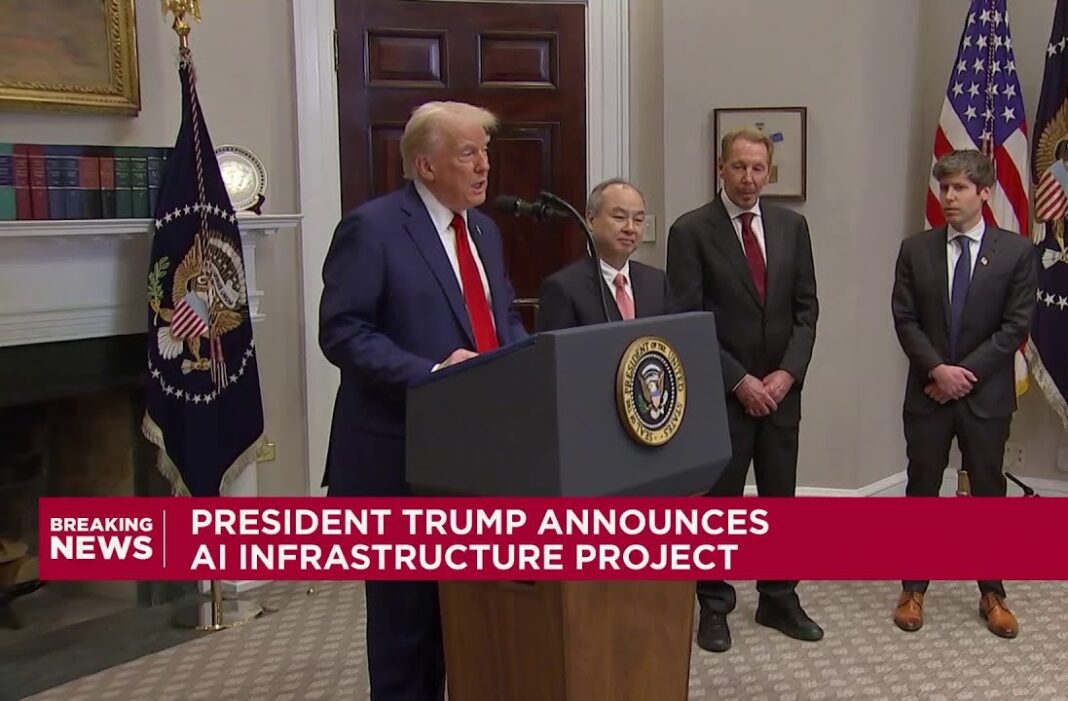The discussion surrounding the potential dissolution of the U.S. Department of Education has sparked widespread debate on its implications for students, educators, and policymakers. As President Trump prepares executive action to shift education governance to the states, questions arise about federal funding, civil rights protections, and the overall structure of the education system. This article provides an analysis of the key points discussed in the recent program, the potential consequences, and the broader impact on the economy and society.
The Push to Eliminate the Department of Education
The Trump administration has long advocated for reducing federal oversight in education, citing inefficiencies and a preference for state-level control. The Department of Education, established in 1980, plays a role in funding K-12 education, enforcing civil rights laws, and managing the $1.6 trillion student loan program. However, critics argue that eliminating the department would leave states to navigate these responsibilities independently, potentially exacerbating educational disparities.
Key Concerns and Potential Impacts
- Federal Funding and Student Support
- The Department of Education provides approximately 14% of K-12 education funding, including support for special education, low-income students, and disability programs.
- If dissolved, states would need to determine how to redistribute these funds, potentially leading to budget shortfalls and inequities among school districts.
- Civil Rights Protections
- Title IX and other federal regulations ensure protections against gender discrimination and sexual harassment in educational institutions.
- Without federal oversight, enforcement of these protections may vary by state, raising concerns over accountability.
- Student Loan Management
- The department currently administers federal student loans, ensuring standardization across institutions.
- Transitioning these responsibilities to other agencies could disrupt student financial aid, affecting millions of borrowers.
- Market Shifts Toward School Choice and Privatization
- Trump’s plan prioritizes school choice, promoting alternatives such as charter schools and private education.
- Republican-led states have already begun expanding voucher programs, reallocating public funds toward private school tuition.
- Impact on Federal Employees and Education Workforce
- The Department of Education employs around 4,000 people. Potential staffing cuts could significantly reduce operational capacity.
- Reports indicate that some employees have already been placed on paid leave, signaling potential restructuring efforts.
Political and Economic Repercussions
- Political Divide: Democrats argue that dismantling the department undermines public education, while conservatives support state control. The debate is likely to escalate, with legal and legislative challenges expected.
- Economic Effects: States reliant on federal education funding, such as Mississippi and South Dakota, may struggle to compensate for lost resources.
- Higher Education Concerns: College accreditation and financial aid programs may face disruptions if their administration is transferred to other departments like the Treasury or Justice Department.
Summary and Future Outlook
The proposed dissolution of the Department of Education represents a significant shift in U.S. education policy. While advocates argue for increased local control and school choice, opponents highlight risks to student equity, civil rights protections, and financial aid stability.
Key Takeaways:
- Federal education funding plays a crucial role in supporting low-income and special needs students.
- The dissolution could weaken civil rights protections and oversight.
- The student loan program’s transition may disrupt higher education financing.
- Shifting responsibilities to states could create disparities in education quality.
Future Implications:
- For States: Increased autonomy means greater responsibility in budget allocation and educational standards.
- For Students and Families: Access to federal aid and civil rights protections may become inconsistent across regions.
- For Policymakers: Future administrations may need to reconsider the balance between federal oversight and state control.
- For the Economy: Changes in education policy could impact workforce development and economic mobility.
Disclaimer
This article is based on a program discussion and reflects an analysis of the topics presented. It does not constitute legal or educational advice. Readers are encouraged to seek professional guidance on education policies and their potential implications.
Liam Baker is a labor market researcher with expertise in workforce automation and employment trends. His insights have appeared in multiple HR and economics publications.




